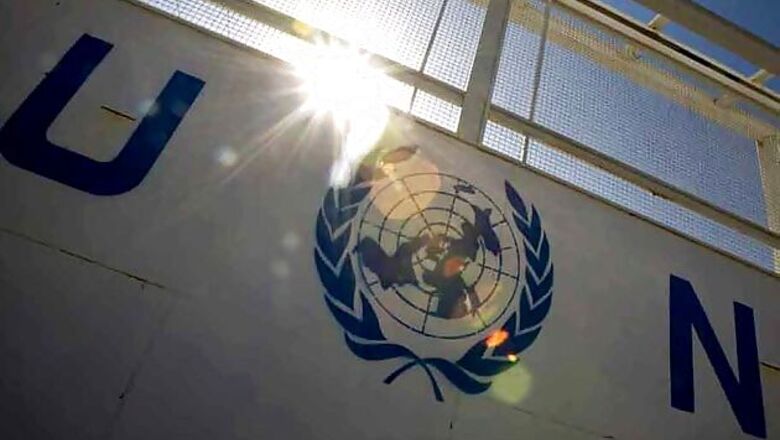
views
United Nations: India has highlighted the "urgent need" for simplification of procedures for movement of professionals across nations, saying that such liberalisation would help match the demand for specialists in developed countries with availability of talent in developing nations.
Noting that a globalised world has entailed that international community does "not live in islands anymore", Counsellor in the Permanent Mission of India to the UN Amit Narang said international mobility of people is an "intrinsic and key" component of globalization.
"What is needed is a holistic approach to international migration premised on its developmental paradigm. This approach needs to be sensitive to the national circumstances of countries of origin, transit and destination," he said at a UN General Assembly session on 'Globalization and Interdependence'.
"Given the significant benefits global movement of people has brought for the economic development of developed countries, there is an urgent need for liberalisation and simplification of procedures which govern Mode 4 movement," Narang said, referring to the WTO term used for movement of independent professionals or those who work for a service supplier to another country to supply a service.
Narang said such liberalization would permit mutually beneficial solutions, matching the demand for specialists in developed countries with the availability of such talent in developing countries.
He, however, added that irregular migration is an issue with serious security implications, and requires coordinated and concerted global action to tackle. He said that actions in one part of the world affect all other countries, adding that "we live in a world where we act together, succeed together and even fail together.
Increasingly, an approach founded on a zero-sum game perspective won't be enough," he said, adding in a globalised world a "one-size-fits-all approach" is designed to fail. Narang stressed that a globalised world demands that the international regimes for global governance are reflective of contemporary realities.
"The world of 21st century is drastically and fundamentally different from the one at the middle of the last century. Yet, unfavorable and iniquitous international regimes, in which developing countries have a marginal say, continue to prevent developing countries from taking full advantage of globalization," he said.
"As developing countries are being asked to take on wider responsibilities, the need of the hour is a comprehensive restructuring of the international decision-making and norm-setting structures in a time bound manner, to give greater voice and participation of developing countries.
"An effective approach for managing global problems while maximizing global opportunities demands it be based on the fundamental principle of 'equity'," he said.



















Comments
0 comment